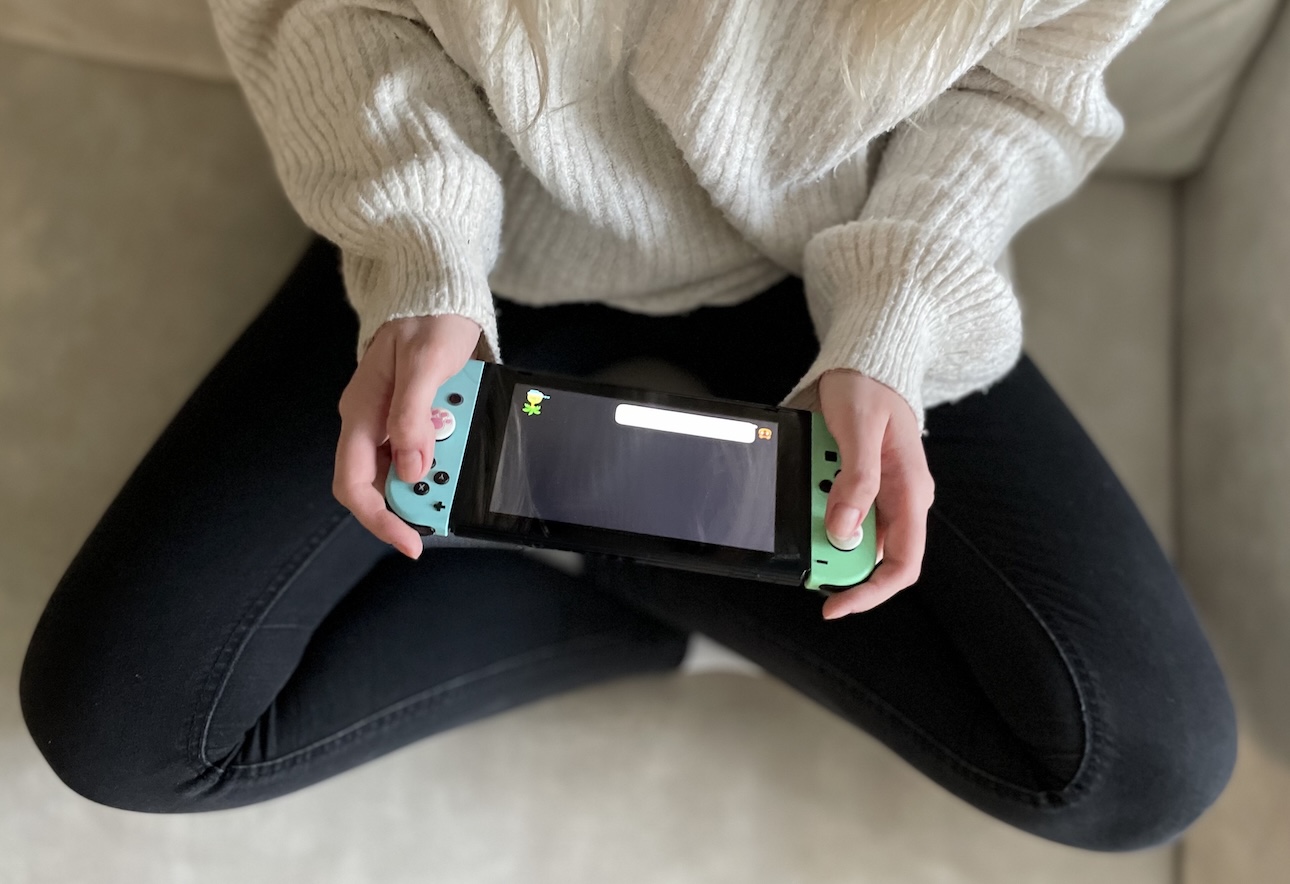Nintendo is known for creating unique and innovative gaming experiences, often with a strong emphasis on family-friendly and accessible content. They also produce their own hardware, such as the Nintendo Switch, which allows for both home and portable gaming. In contrast, PlayStation is a brand of gaming console produced by Sony and generally focuses on more traditional console gaming experiences. In this article we zoom in to the differences between Nintendo and Playstation.
Is Nintendo or Playstation more popular?
Both Nintendo and PlayStation have sold millions of units of their consoles worldwide and have a large user base. Nintendo, for example, has sold over 155 million units of the Nintendo Switch, since its release in March 2017, and it’s considered one of the best-selling video game console of all time.
As for PlayStation, the company has sold over 110 million units of the PlayStation 4 since its release in 2013, and as of December 2020, it’s considered the second best-selling video game console of all time.
It’s important to note that the number of console users and players is not the same as the number of people who have purchased the console, many people share or lend consoles to others.
Main differences Nintendo and playstation
- Hardware: Nintendo produces its own hardware, such as the Nintendo Switch and the Nintendo 3DS, which allows for both home and portable gaming. PlayStation, on the other hand, is a brand of gaming console produced by Sony and generally focuses on traditional console gaming experiences.
- Game Library: Nintendo is known for creating unique and innovative gaming experiences, often with a strong emphasis on family-friendly and accessible content. PlayStation, on the other hand, has a more diverse game library that includes a mix of both first-party and third-party games, with a greater emphasis on mature and hardcore games.
- User Interface: Nintendo’s user interface is more simplistic and user-friendly, with more focus on the gaming experience than on other features such as social media and streaming. PlayStation’s user interface is more robust and feature-rich, with more emphasis on multimedia and online capabilities.
- Virtual Reality: Nintendo has not yet released any virtual reality products or games, while PlayStation has released the PlayStation VR headset and has a growing library of VR games.
- Game controller: Nintendo has been experimenting with new ways of playing video games, such as motion-sensing controllers on the Wii and the Joy-Con controllers on the Switch, while PlayStation has a more traditional controller design, with the Dualshock controller.
History of Nintendo
Nintendo is a Japanese company that was founded in 1889, originally as a playing card company. It later expanded into other forms of entertainment, such as toys and video games. In the 1970s, Nintendo began to develop and release video games for arcade systems, and in 1983 they released the Nintendo Entertainment System (NES), which was a home video game console. The NES was a huge success and helped revitalize the video game industry after the crash of 1983.
Nintendo continued to release new home consoles, such as the Super Nintendo Entertainment System (SNES) and the Nintendo 64, and also developed portable gaming devices like the Game Boy and the Nintendo DS. In 2006, Nintendo released the Wii, which was a home console that featured motion-sensing controllers, which was a new way of playing video games. The Wii was a huge success and sold over 100 million units.

In 2012, Nintendo released the Wii U, which was not as successful as the Wii. In 2017, Nintendo released the Switch, which is a hybrid home console and portable device, and has been well received by critics and consumers.
Nintendo is also known for creating some of the most iconic and recognizable characters in video game history, such as Mario, Donkey Kong, and Zelda, and many of their franchises such as Mario, Zelda, and Pokémon have sold hundreds of millions of copies worldwide.
Differences Nintendo and playstation: History of Playstation
The history of PlayStation began in the late 1980s, when Sony Computer Entertainment (SCE), a division of Sony Corporation, was established to develop a new home video game console. The company’s first venture into the video game market was with the release of the SNES-CD, a collaboration with Nintendo to develop a CD-ROM drive for the Super Nintendo Entertainment System. However, the partnership fell apart and Sony decided to develop their own console.
In 1994, Sony released the first PlayStation console in Japan, which was met with great success. The console was later released in North America and Europe in 1995. The original PlayStation was a 32-bit console that used CD-ROMs for game storage, which was a new format at the time. The console was known for its 3D graphics capabilities and its support for full-motion video, which was a new feature at the time.
In 2000, Sony released the PlayStation 2, which was the first video game console to be fully compatible with DVDs. It was also the first console to include an integrated Ethernet port for online gaming. The PlayStation 2 was a huge success and sold over 155 million units worldwide, making it the best-selling video game console of all time.
In 2006, Sony released the PlayStation 3, which featured a built-in Blu-ray player and was the first console to include a built-in hard drive. The console was known for its high-definition graphics and support for online gaming through the PlayStation Network.

In 2013, Sony released the PlayStation 4, which was designed to be more focused on social and multimedia features than previous consoles. It was also more powerful and had better graphics capabilities than its predecessor.
In 2016 Sony released the PlayStation VR, which is a virtual reality headset that works with the PlayStation 4.
In 2020, Sony released the PlayStation 5, which is the latest version of the PlayStation console, it features new technology such as a Solid State Drive that allows for faster loading times, it also supports ray-tracing and 3D audio.
Throughout its history, PlayStation has been known for its high-quality graphics and its support for online gaming, and it has become one of the most popular and recognizable brands in the video game industry.
